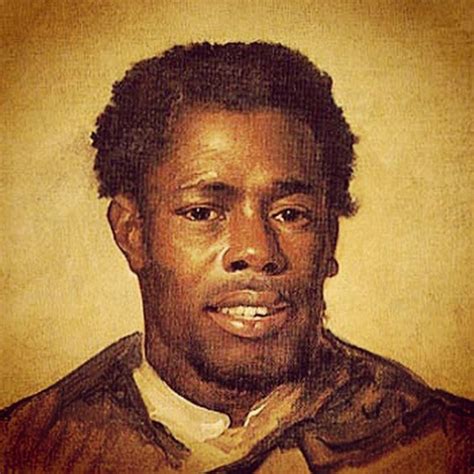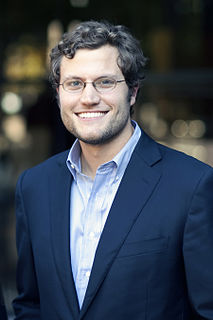A Quote by Siddhartha Mukherjee
I think the cardinal rule of learning to write is learning to read first. I learned to write by learning to read.
Related Quotes
When I went to the University of Iowa in order to be a writer, I thought, This is the worst way to learn how to write. To sit in a room with a bunch of would-be writers, who want to write the Great American Novel, every one of them, and you read their stories and they read yours, and you're not living a life. I don't like that. I like learning on the job. The character of my work has definitely evolved from the character of my life.
Learning to read and write makes little sense if you don't understand what you're reading and writing about. While we may have forgotten, most of our early learning came not from being explicitly taught but from experiencing. Kids aren't born knowing hard and soft, sweet and sour, red and green. When the child experiences those things, s/he transforms them into psychological understandings. When kids play with other kids, they learn about others and about themselves. Learning the basics of our physical and social reality is what early childhood is all about.




































